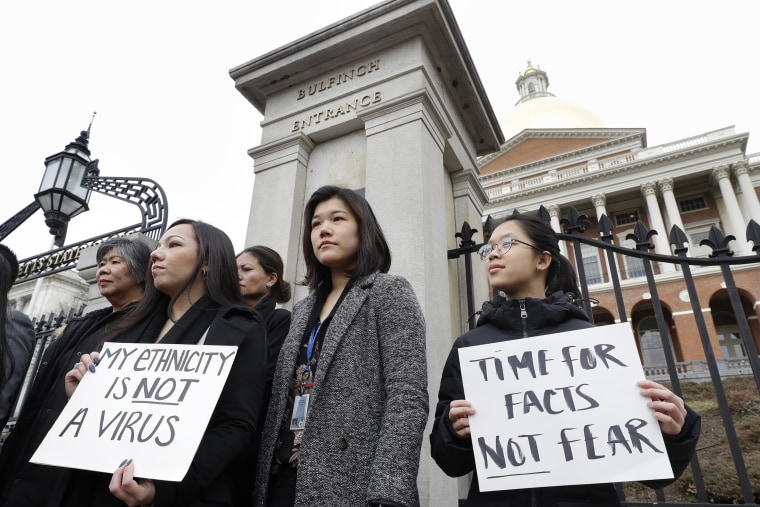Congzhi Jiang
Section 1
Week 6
Females are underrepresented in academia. Just as Soek-Fang Sim had to endure hate and rumors , asian women scholars have suffered from disrespect for their research, teaching, and leadership. UC Davis is not an exception. This week, we learned that the discrimination against women was dramatic at UC Davis. The hiring of women was only 13% in 1998. This shocked me a lot, because I had never really thought of UC Davis as the palace of injustice. My affection towards UC Davis hasn’t changed, but now I think it needs some improvements.
When I took courses taught by female professors as a student, their struggles were not visible. I think most of the students are like me. Gender inequality in the faculty does not seem obvious until we are fortunate enough to take this kind of course. This is my last year at UC Davis, and now I realize how few female professors I encountered and how little I knew about their tears to reach that position. I hope my realization is not too late. I believe it’s hard to confront with racial discrimination and stereotyping as an individual. There should be strategies to survive and thrive, and I look forward to learning more about techniques and strategies to support gender inequality in academia.
[Good Morning America]. (2019, Oct 25). These women in academia are tired of mansplaining and workplace aggression. [Video File]. Retrieved from https://www.youtube.com/watch?v=5MO4G3bXmvQ

/cdn.vox-cdn.com/uploads/chorus_image/image/63338801/GettyImages_536144170.0.jpg)

:max_bytes(150000):strip_icc():format(webp)/korematsuyasui-58179bbe3df78cc2e8090f50.jpg)



